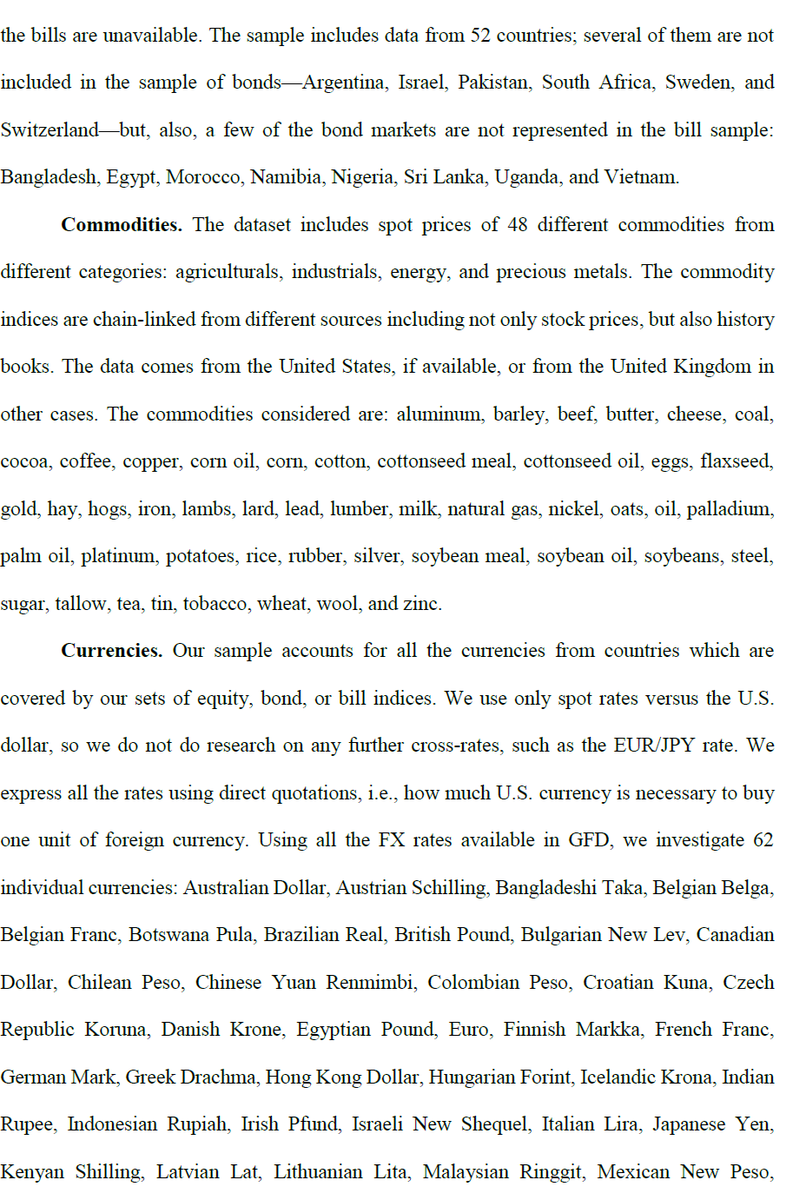
</Public service announcement>
If you're in a disagreement with someone and he sends you links to research explaining his position and adding nuance, please don't ignore the e-mail and then continue with your original criticism.
Thanks very much!
</public service announcement>
If you're in a disagreement with someone and he sends you links to research explaining his position and adding nuance, please don't ignore the e-mail and then continue with your original criticism.
Thanks very much!
</public service announcement>
(Although you may not realize it, criticizing and then ignoring the other person's perspective effectively makes the conversation one-sided, even though both people may appear to be continuing to talk.)
On a practical level, I think something like this happens whenever diversification-based approaches like risk parity and factors are brought up.
Those are automatically 'wrong' because there is only one valid approach (cap-weighted U.S. stocks with a sprinking of Treasuries.)
Those are automatically 'wrong' because there is only one valid approach (cap-weighted U.S. stocks with a sprinking of Treasuries.)
In other words, the objection is essentially religious.
That doesn't make it wrong or completely subjective. It just means that it involves a presupposition that overrides everything else... so you better be sure your belief is truly worthy of your trust.
That doesn't make it wrong or completely subjective. It just means that it involves a presupposition that overrides everything else... so you better be sure your belief is truly worthy of your trust.
• • •
Missing some Tweet in this thread? You can try to
force a refresh
















